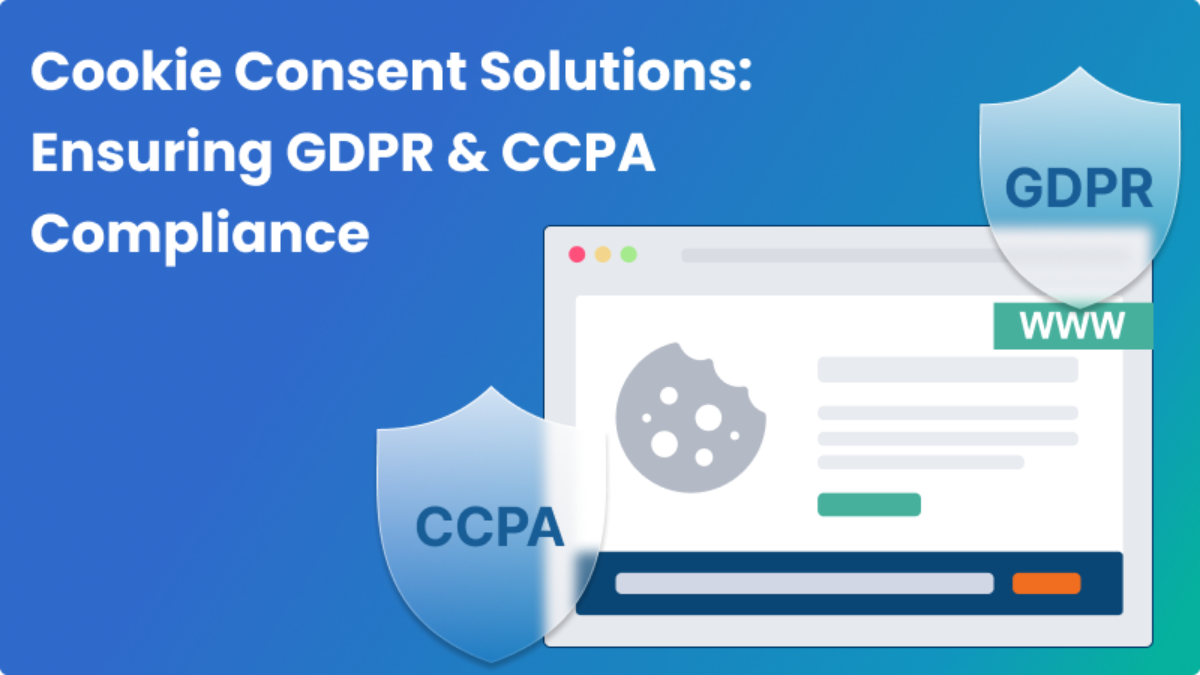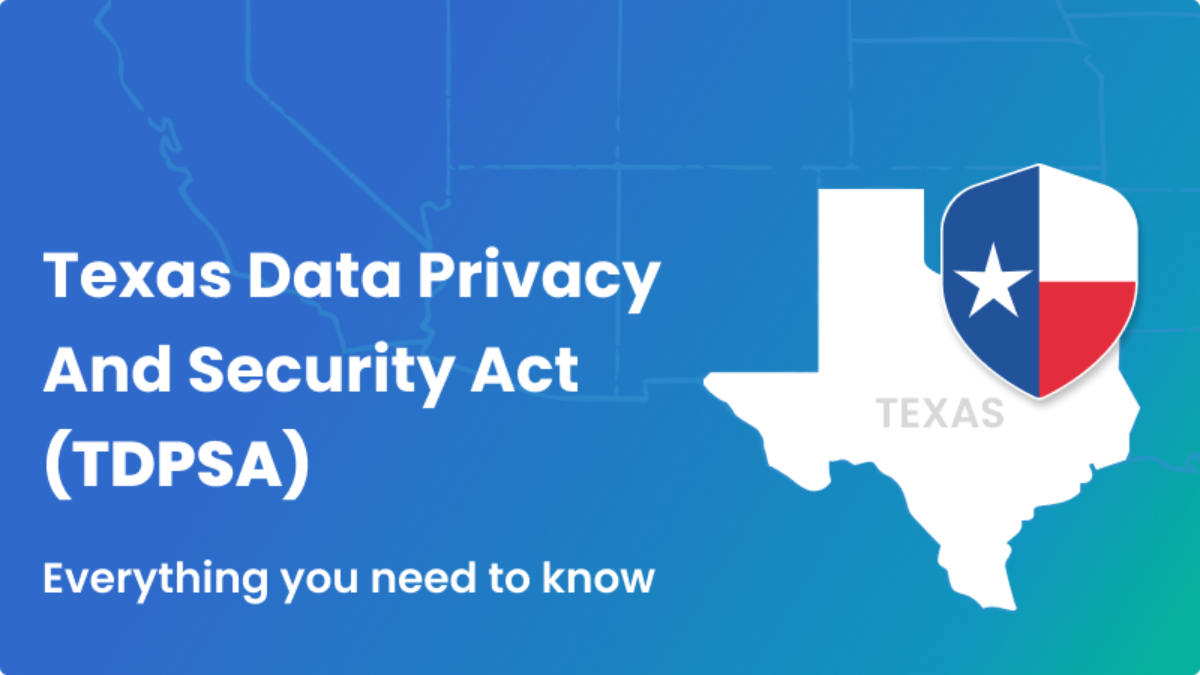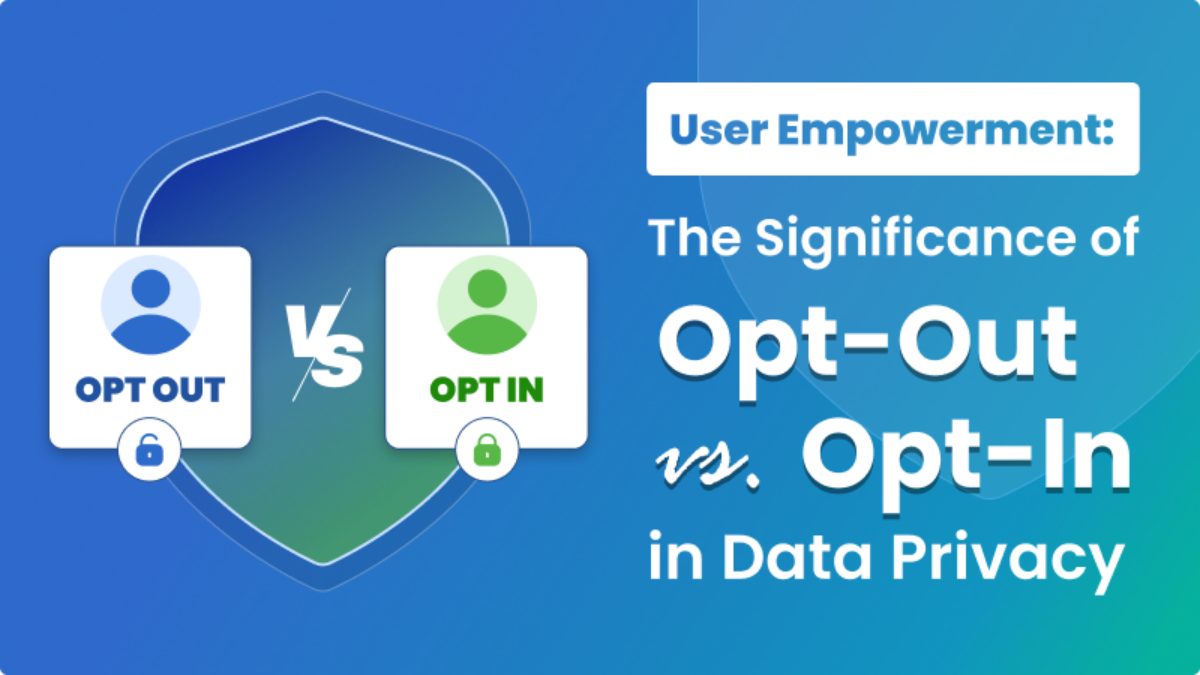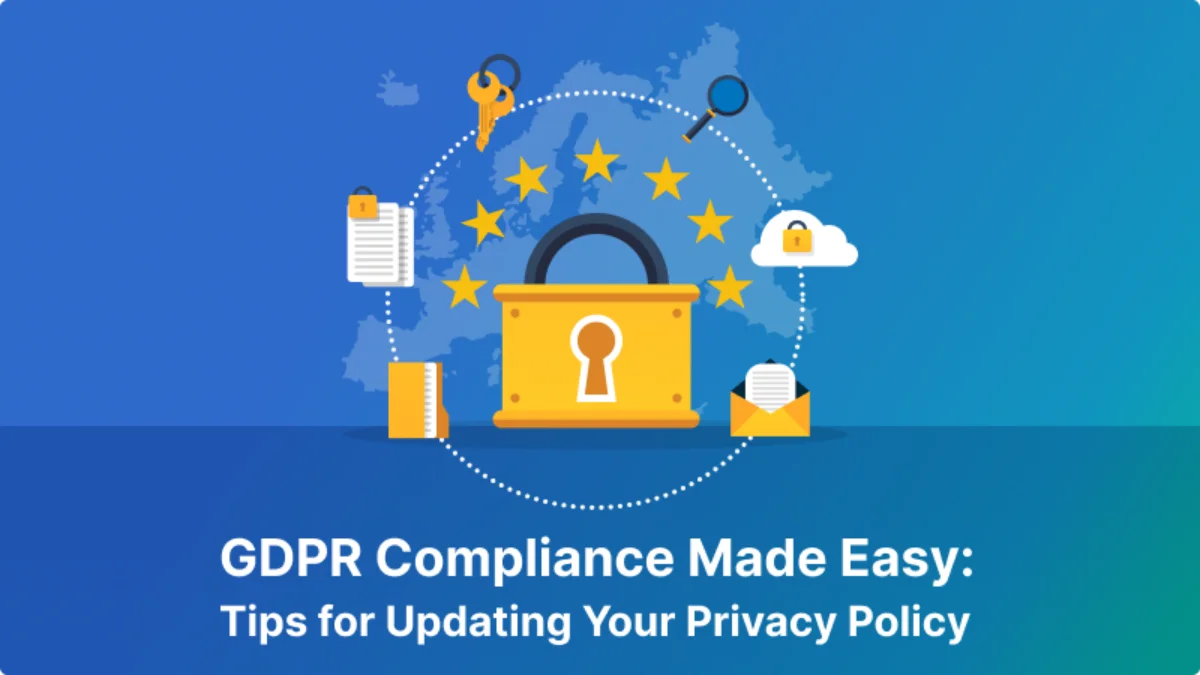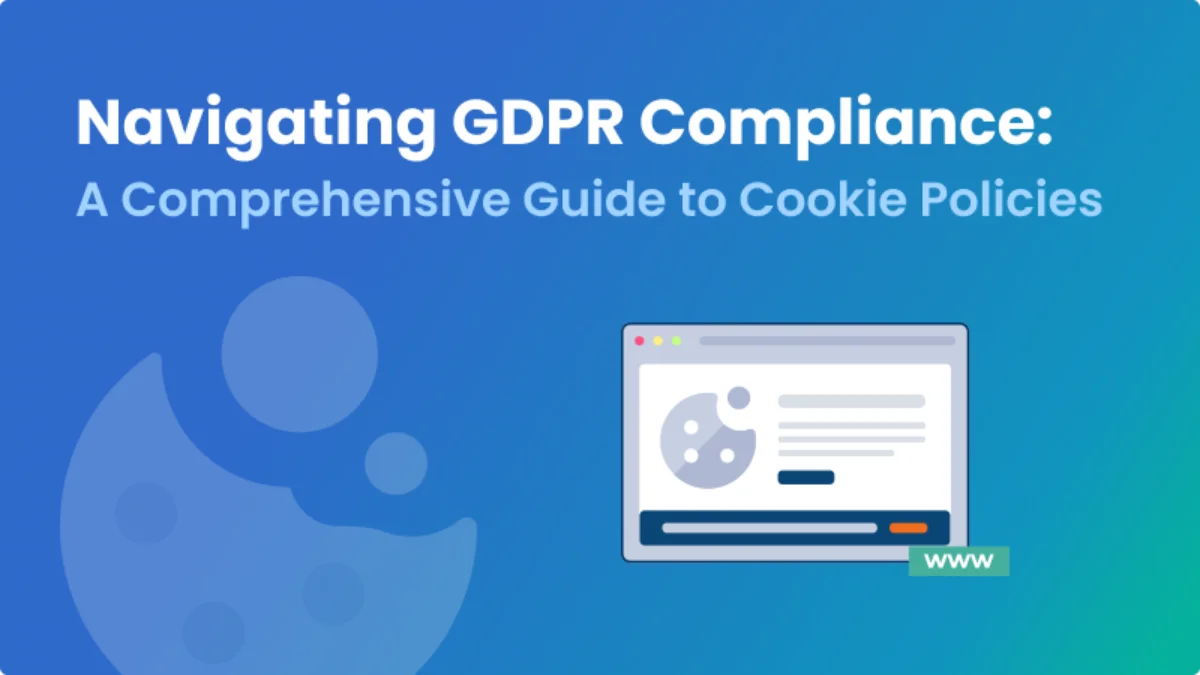South Africa Protection of Personal Information Act (POPIA)
What is Popia Act South Africa
South Africa’s Protection of Personal Information Act (POPIA) took effect on July 1, 2020, and enforcement began on July 1, 2021. South Africa’s POPIA is one of the major data privacy laws in the world to be modelled closely after the EU’s GDPR.
The purpose of South Africa popia Act is to give effect to the constitutional right to privacy, regulate the manner in which personal information may be processed and provide persons with rights and remedies to protect their personal information from processing that is not in accordance with this Act.
Amid the growing global emphasis on data protection, South Africa’s POPIA has emerged as a leading body in shaping the landscape of privacy compliance laws globally.

Key highlights of POPIA:
Know the difference between Virginia’s CDPA, CCPA and CPRA?
Download this whitepaper to know more about the key differences between the provisions of Virginia’s new privacy law called CDPA, the California Consumer Privacy Act (CCPA) and the California Privacy Rights Act (CPRA). It provides an overview of each law’s requirements, highlighting their similarities and differences. Although there are some similarities in all the active privacy laws, the framework, and definitions of CDPA carries its unique requirements and guidance.

Data Subject Rights under South Africa's POPIA
The POPIA regulations provide a detailed framework, offering practical guidance on the lawful processing of personal information, and ensuring a harmonious integration of privacy measures into daily business operations.
- Right to be notified (Section 18)
The responsible party has to notify the data subjects about the personal information about him, her or it is being collected or his, her or its personal information has been accessed or acquired by an unauthorised person. - Right to access (Section 23)
A data subject, having provided adequate proof of identity, has the right to request a responsible party to confirm, free of charge, whether or not the responsible party holds personal information about the data subject. - Right to deletion (Section 24)
A Data Subject can request the responsible party to correct or delete personal information about the data subject in its possession or under its control that is inaccurate, irrelevant, excessive, out of date, incomplete, misleading, or obtained unlawfully. - Right to objection (Section 11)
Data Subject has the right to object, on reasonable grounds relating to his, her or its situation to the processing of his, her or its personal information. - Right to Complaint (Section 74)
Right to submit a complaint to the Regulator regarding the alleged interference with the protection of the personal information of any data.A responsible party or data subject may, in terms of section 63(3), submit a complaint to the Regulator in the prescribed manner and form if he, she or it is aggrieved by the determination of an adjudicator. - Right to Civil Action (Section 99)
A data subject or, at the request of the data subject, the Regulator, may institute a civil action for damages in a court having jurisdiction against a responsible party for breach of any provision of this Act.
Information Officer (Section 55)
Each public and private body must make provision, in the manner prescribed in section 17 of the Promotion of Access to Information Act, with the necessary changes, for the designation of
- Such a number of persons, if any, as deputy information officers as is necessary to perform the duties and responsibilities as set out in section 55(1) of this Act; and
- Any power or duty conferred or imposed on an information officer by this Act to a deputy information officer of that public or private body.
How Mandatly helps you achieve South Africa's POPIA compliance?
Mandatly’s POPIA compliance solution goes above and beyond automation and includes comprehensive privacy risk management features that enable you to make effective business decisions and eliminate privacy risks.
Hence, Mandatly’s Popia compliance software for South Africa privacy law will help you protect & automate consumer rights, data inventory & mapping, and privacy assessment.
